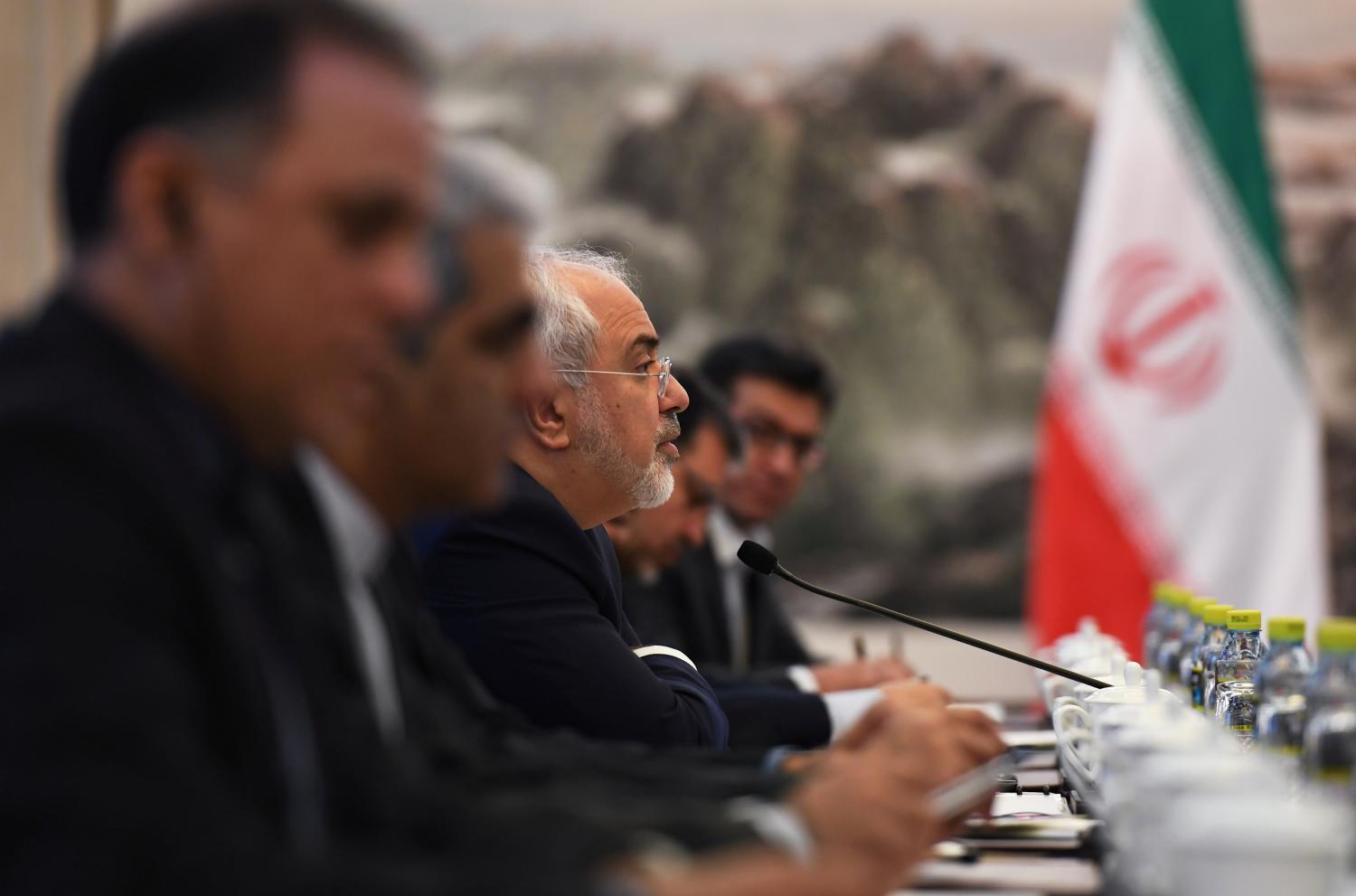In Peter Seller’s classic 1959 movie “The Mouse that Roared,” the tiny Duchy of Grand Fenwick finds its voice by declaring a quixotic war on America when the United States threatens its livelihood. Israel is not quite so tiny and its prime minister, Benjamin Netanyahu, lacks Peter Seller’s sense of comic timing. But Israel nonetheless wants to be seen as a small power demanding to be heard on a deal concluded by great powers that it feels threatens its interests.
And so, in part because Israel is a valued and important American ally, one of the central issues in the recently concluded nuclear deal with Iran has become its effect on Israeli security. Israeli Prime Minister Benjamin Netanyahu was quick to argue that “the deal endangers our security, our survival even.” My Brookings colleague Natan Sachs is not so dire, but he agrees that the deal “frees Iran’s hand in all manners of non-nuclear mayhem its Revolutionary Guard specializes in; with a shorter hiatus, Iran will also be free to advance its missile systems and to trade in conventional arms which it routinely supplies to its proxies in the region.” Those proxies include the Hezbollah and Hamas militias, both of which have fought wars with Israel in recent years.
But is Israel really a mouse? In a recent piece in Al-Monitor, another Brookings colleague, Bruce Riedel, suggests that Israel remains very secure even after the Iran deal. Indeed, in the context of security competition in the Middle East, Israel, despite its size, is actually more of a lion than a mouse.
To make his case, Riedel makes reference to the weapon that dares not speak its name, the Israeli nuke. The Israeli nuclear arsenal is arguably the worst kept secret in international relations. But because neither American nor Israeli officials will acknowledge its existence, it does not figure prominently in debates about whether Israel is secure. But, according to the Federation of American Scientists, it does exist; it is substantial and resilient; and it provides Israel with a very effective deterrent against an Iranian regime that shows no signs of an irrational death wish. As Riedel notes, the Iran deal cannot start a nuclear arms race in the region because “a nuclear arms race has been underway in the Middle East for 65 years. Israel won it.”
Israel’s margin of security does not end there. Israel also benefits from its substantial U.S. technological and financial support, including $3 billion in military assistance a year and a guarantee that Israel will be able to maintain a qualitative edge over any of its regional adversaries. According to Riedel, recent wars demonstrate that the Israeli military is well-positioned to deal effectively with Hezbollah and Hamas even if they receive additional Iranian aid.
The debate about Israel security will no doubt rage on regardless of what mammal best describes the Israeli position. Countries rarely accept assessments of their own security from outsiders, even from close allies. But as the United States evaluates the merits of the Iran nuclear deal, it should probably consider that when it comes to security, Israel is no mouse no matter how much it roars.
The Brookings Institution is committed to quality, independence, and impact.
We are supported by a diverse array of funders. In line with our values and policies, each Brookings publication represents the sole views of its author(s).





Commentary
The lion that roared: Israel and the Iran deal
July 29, 2015